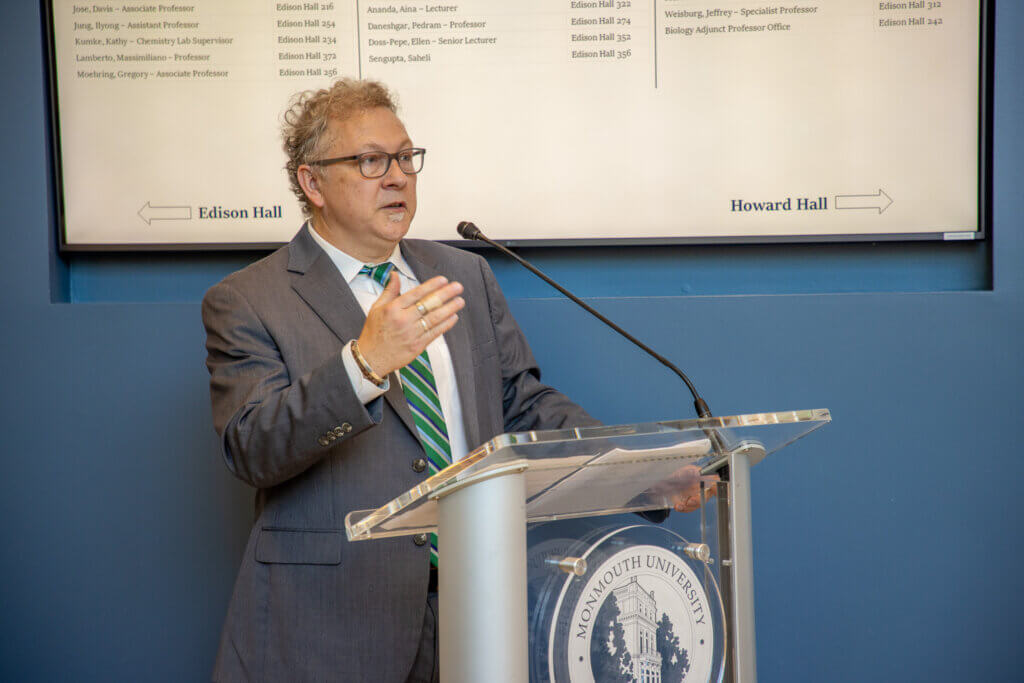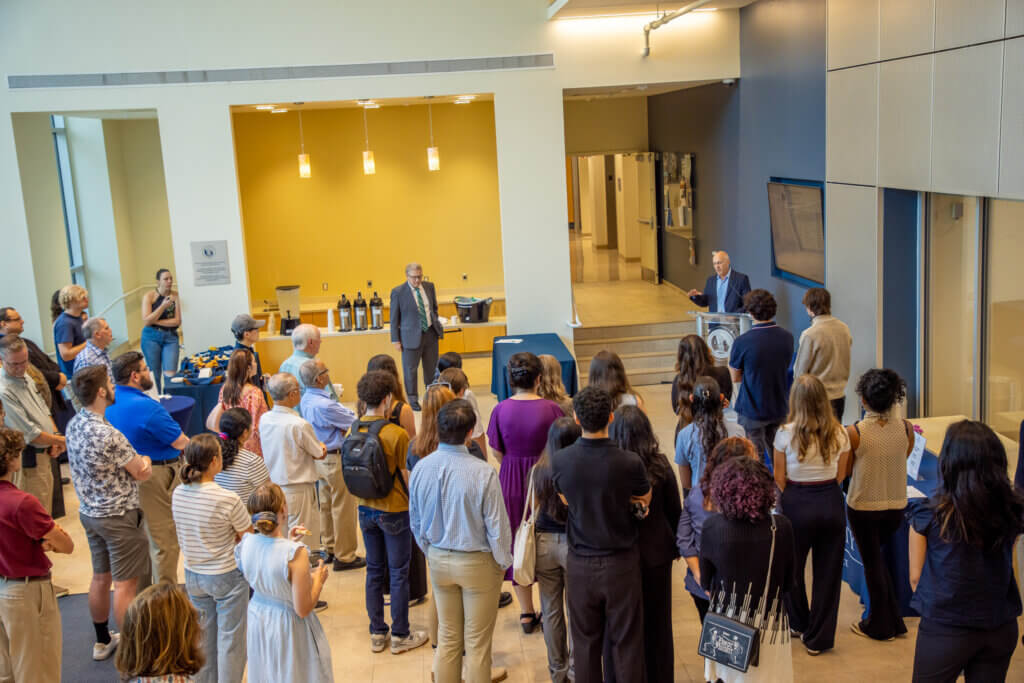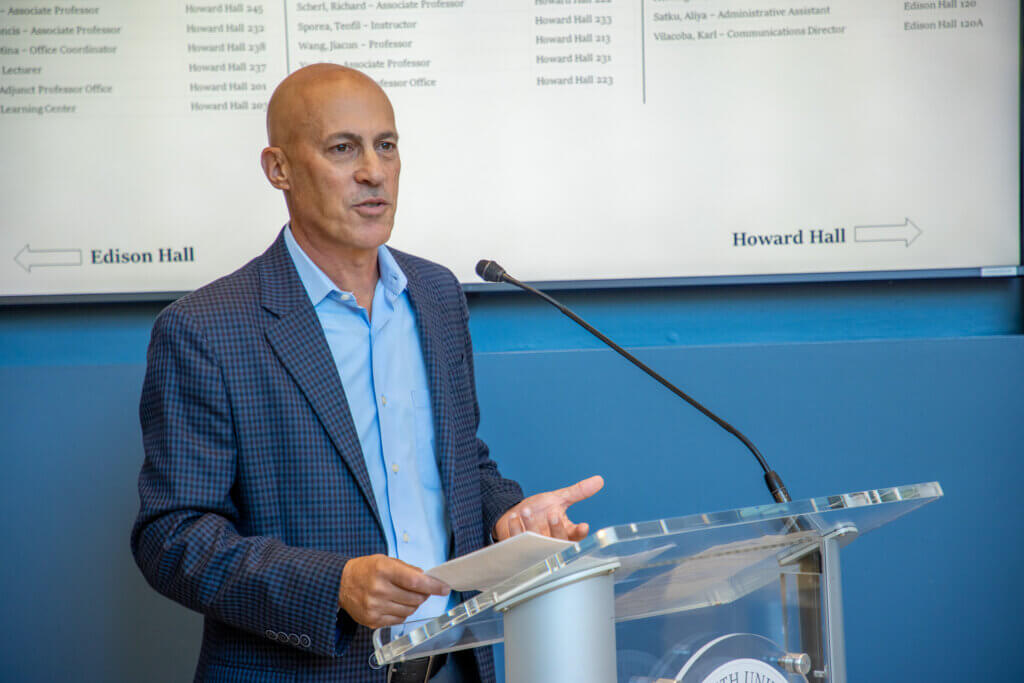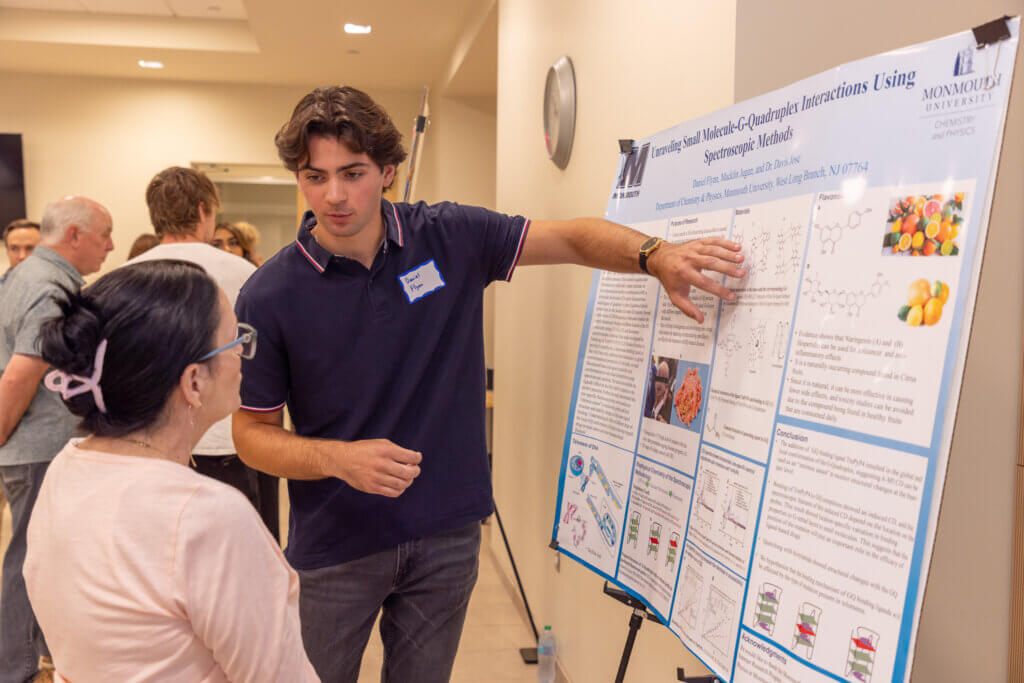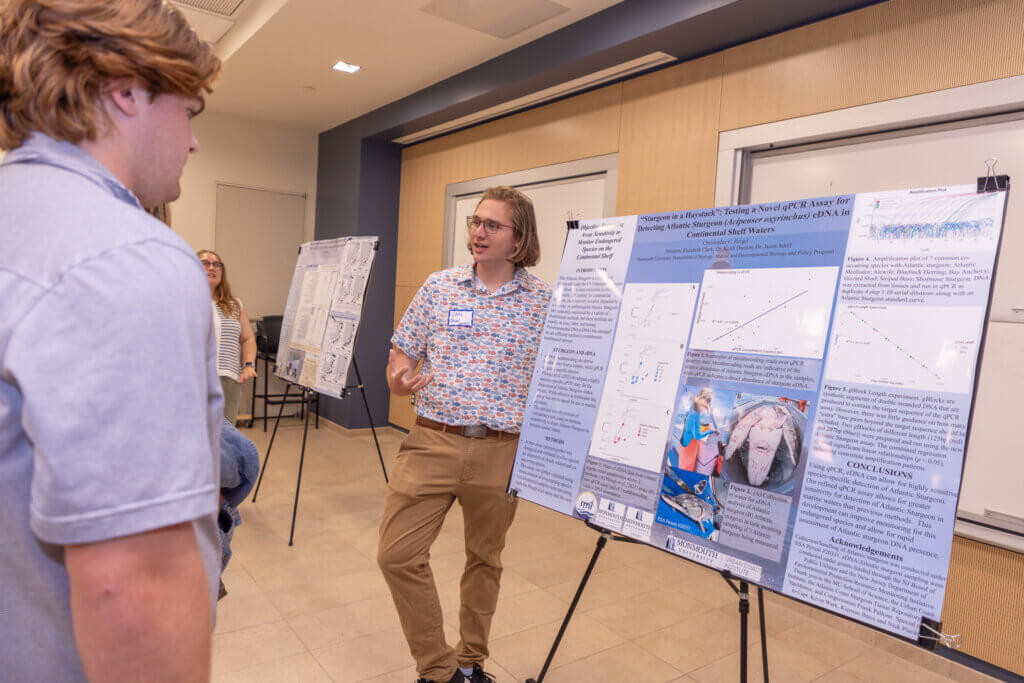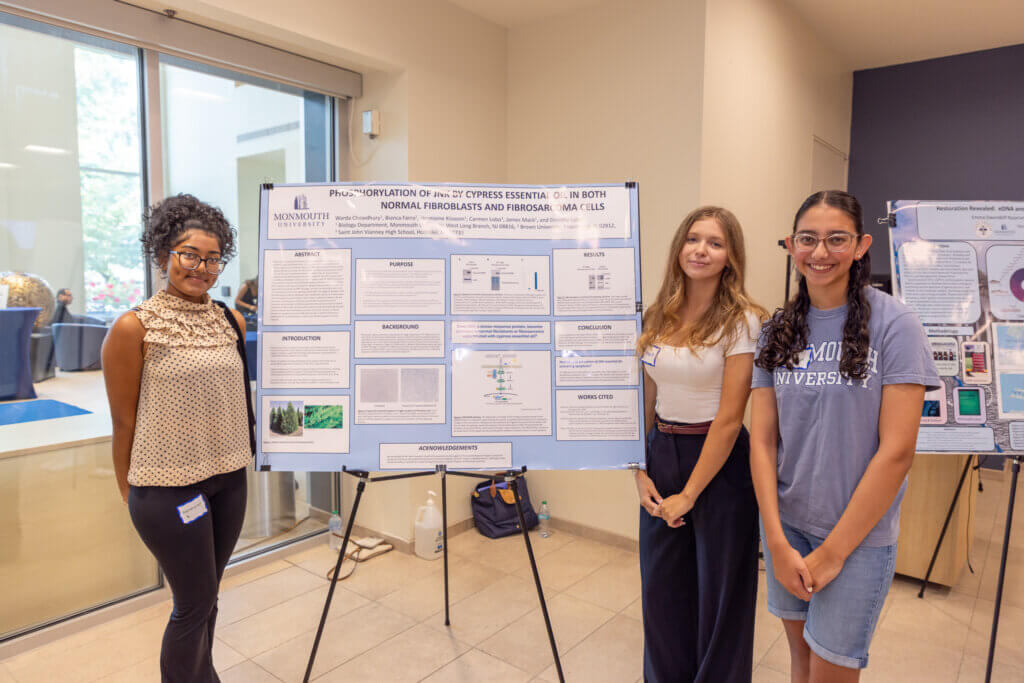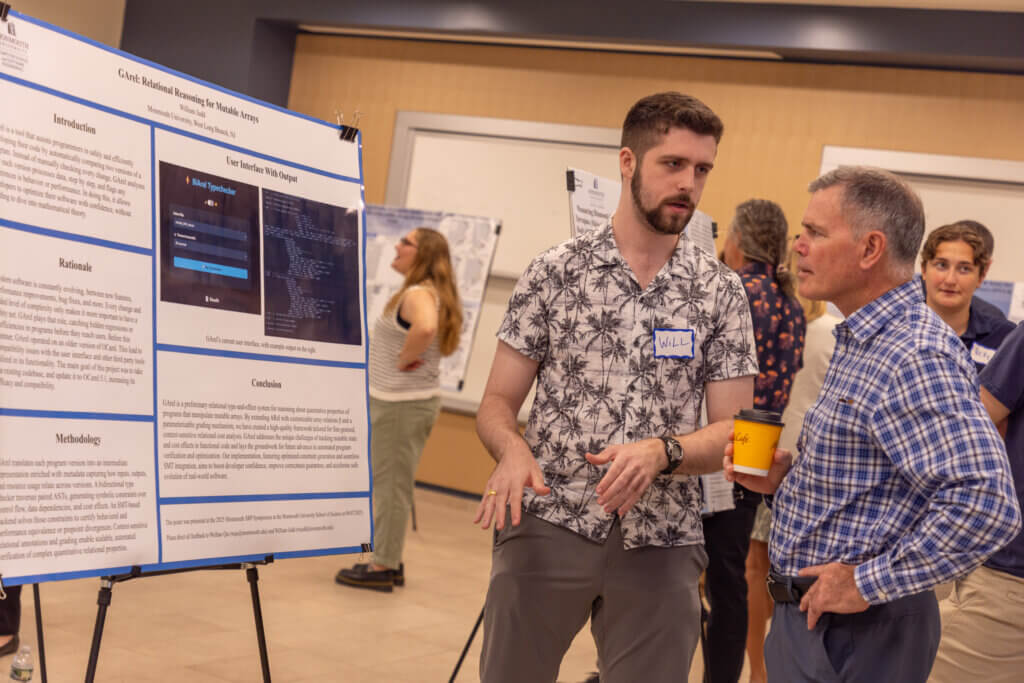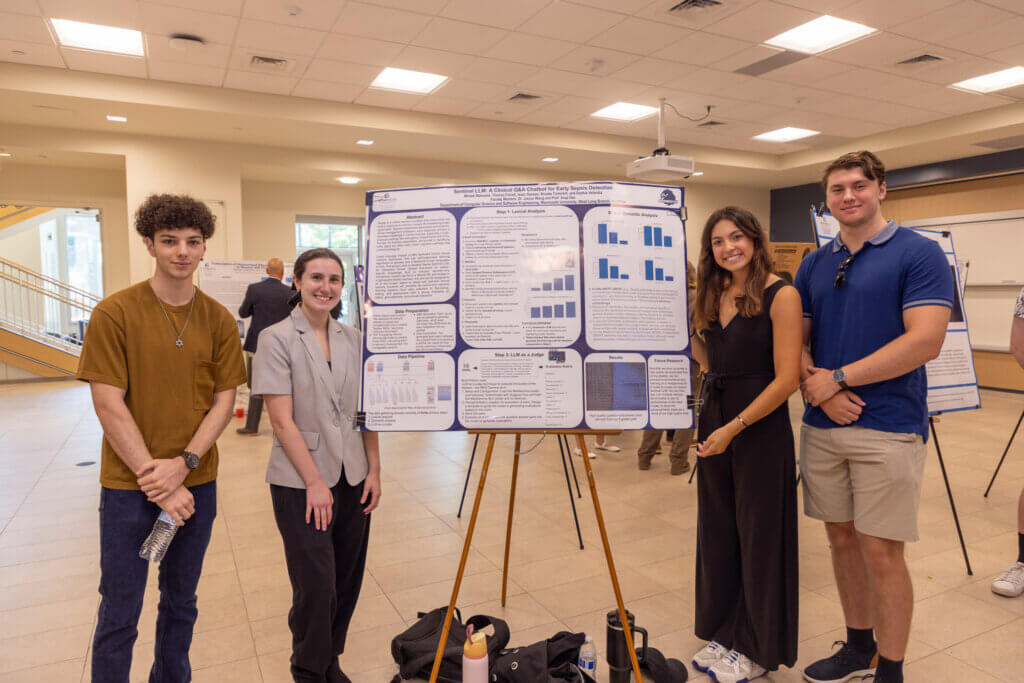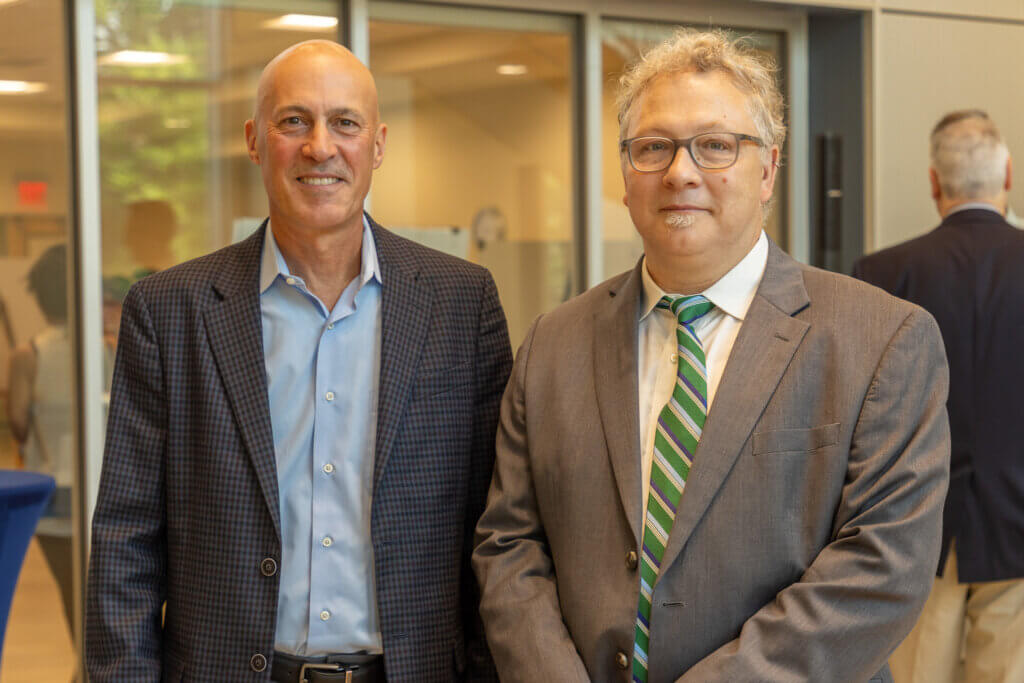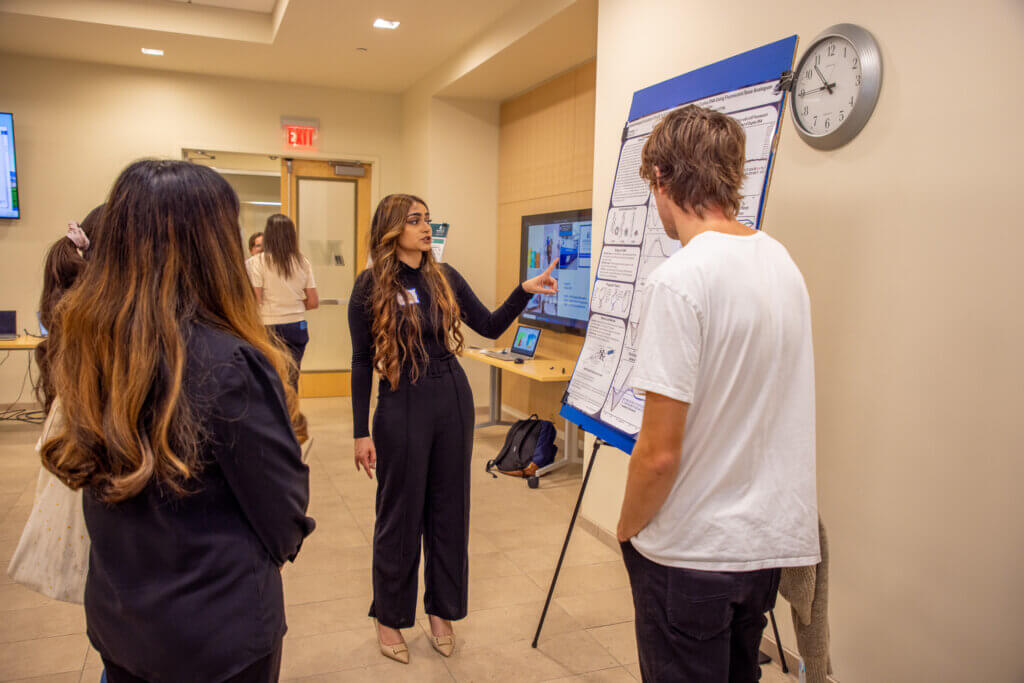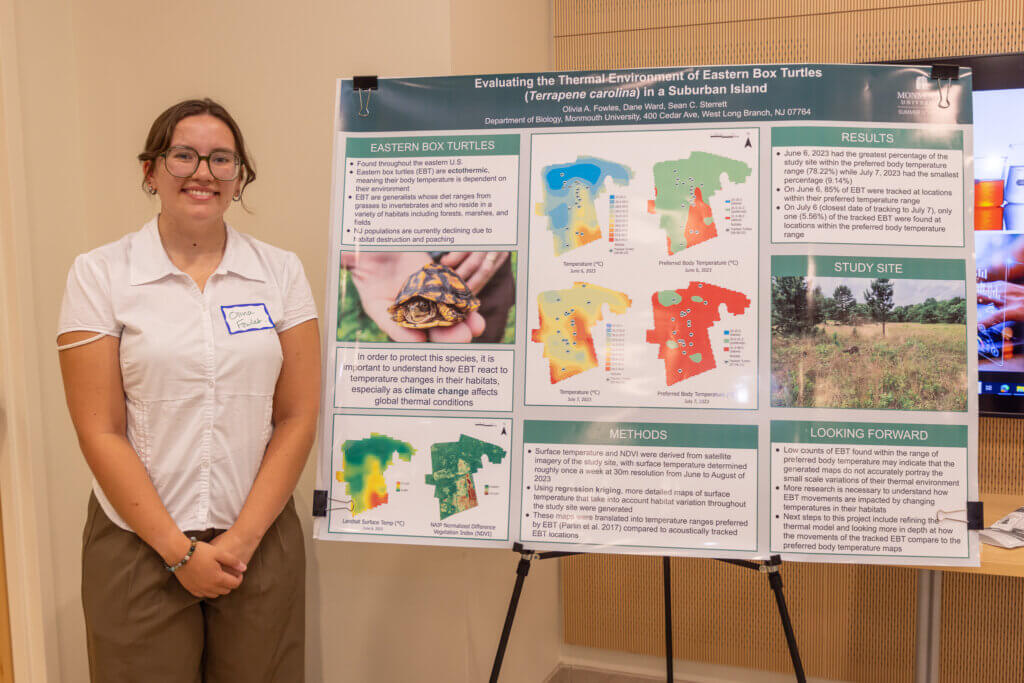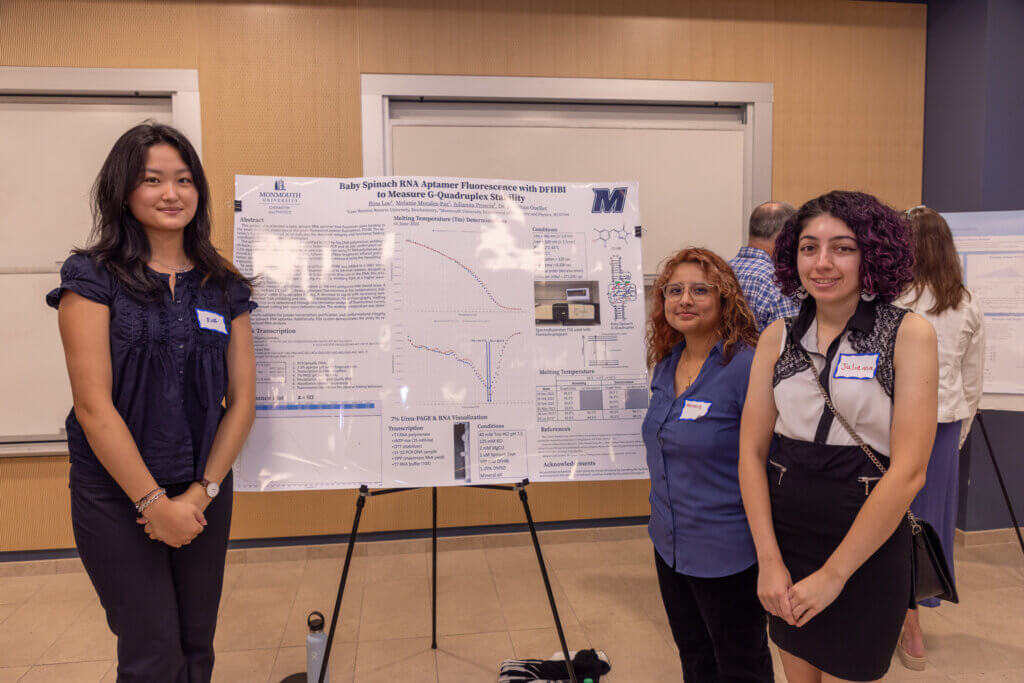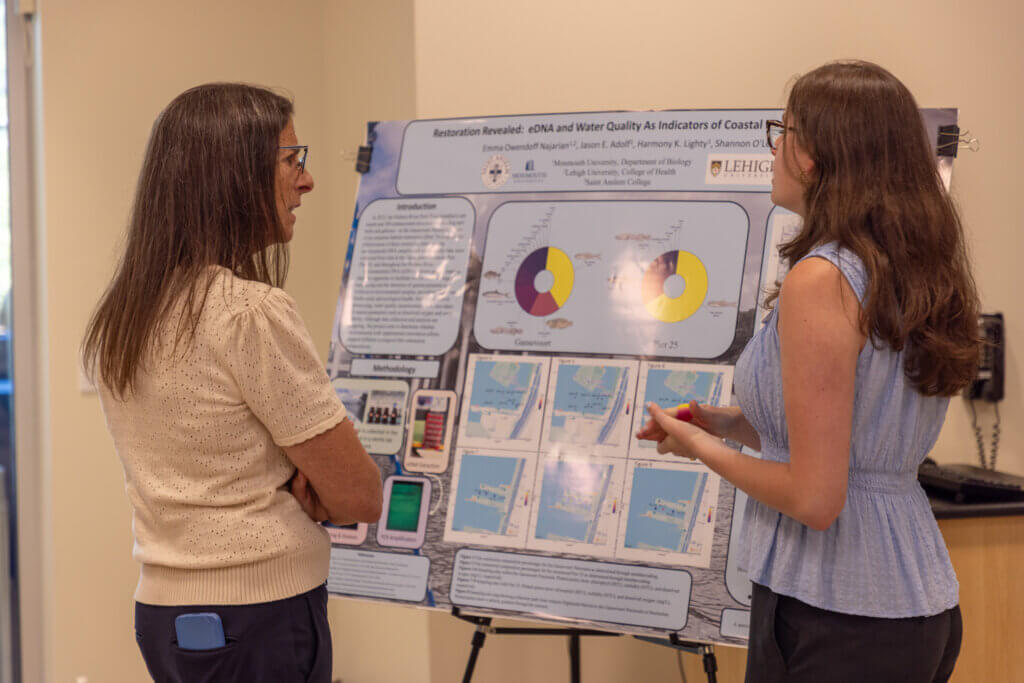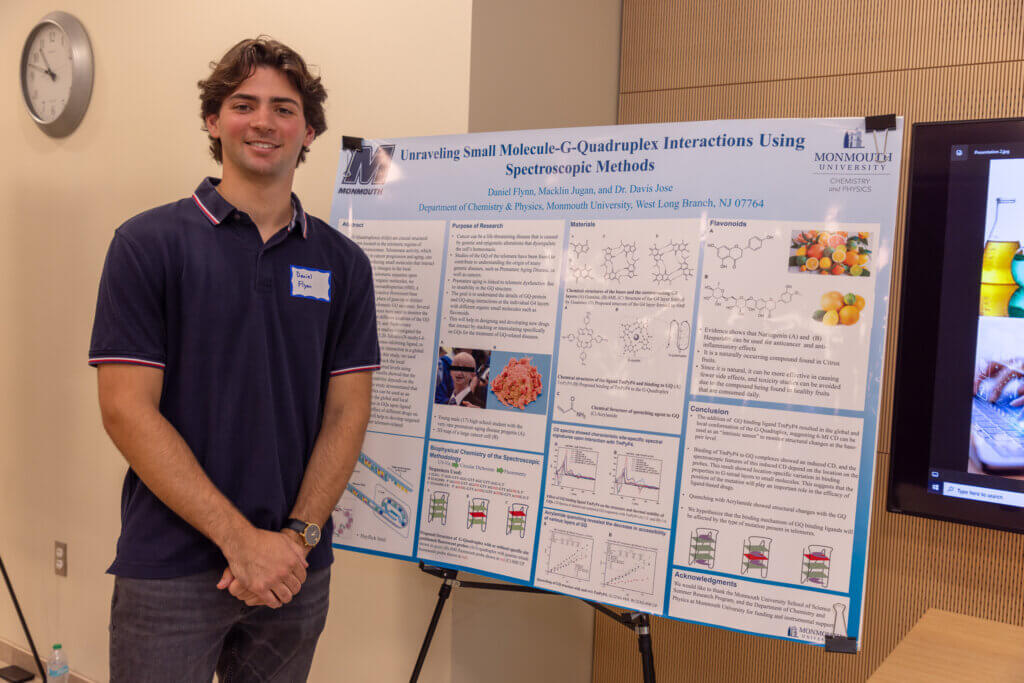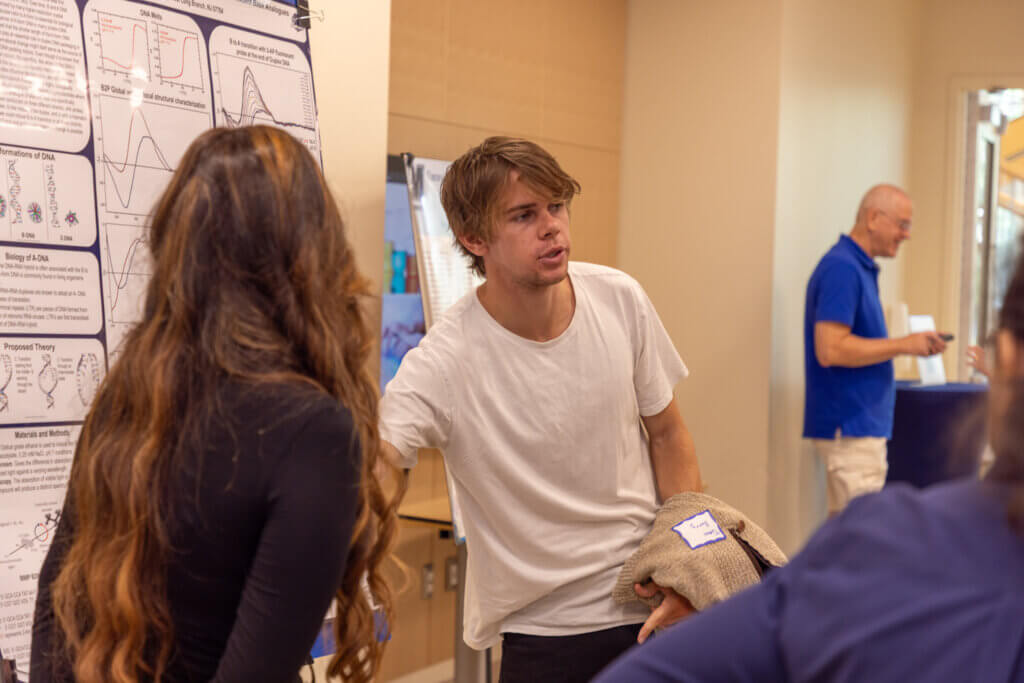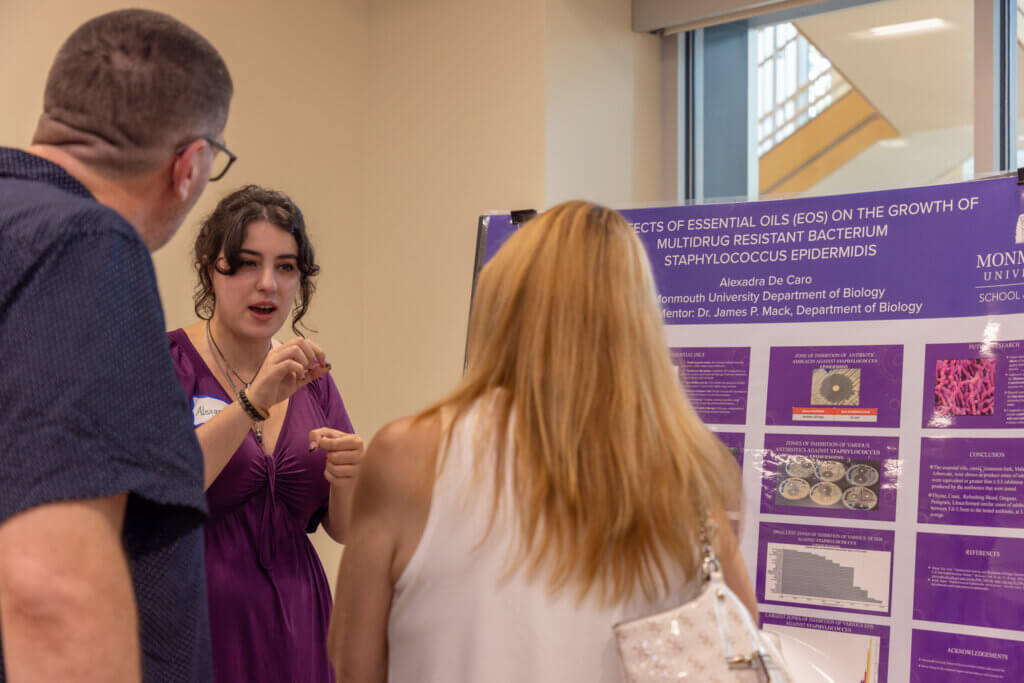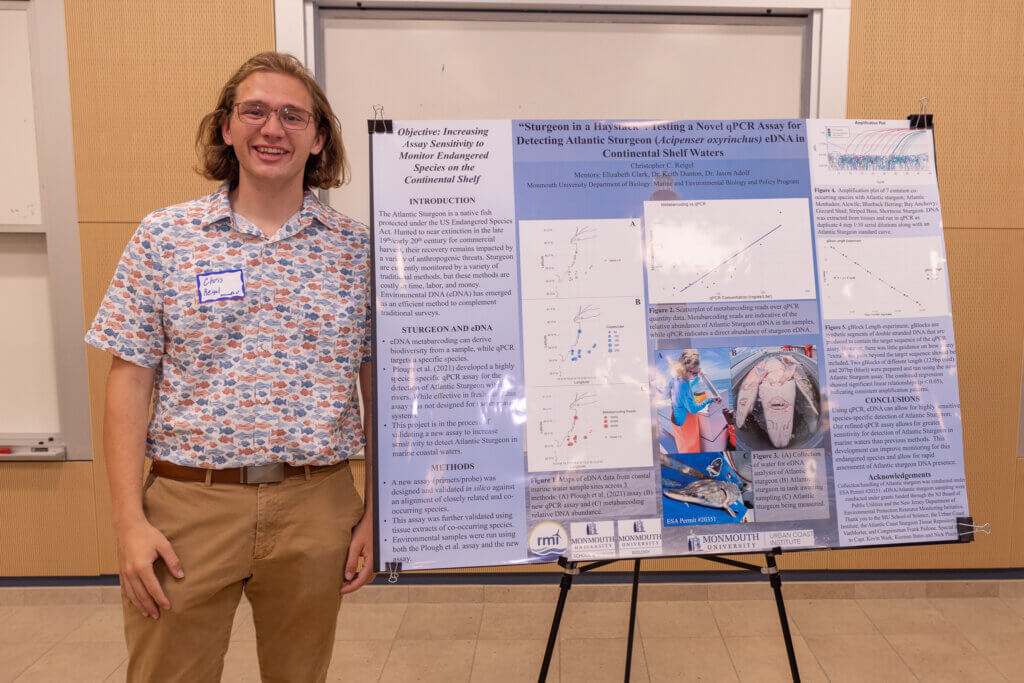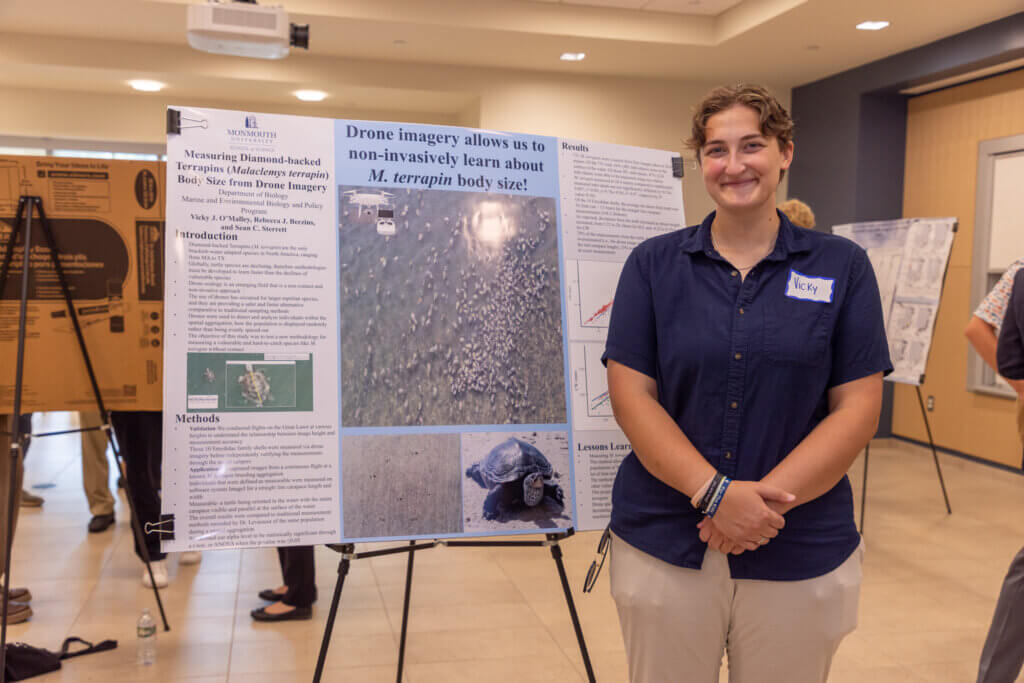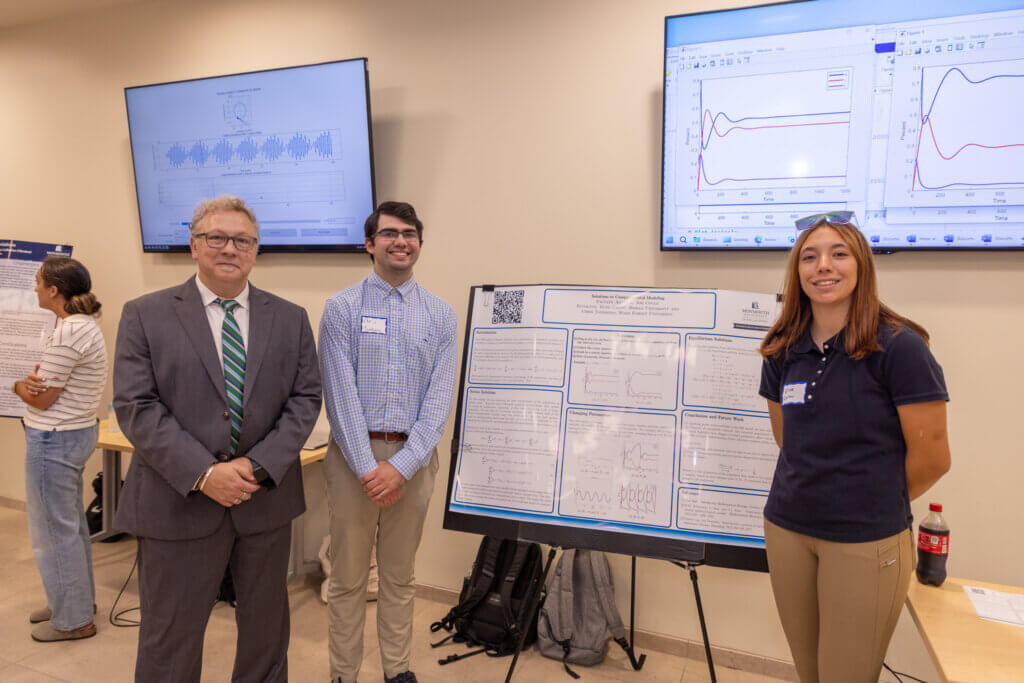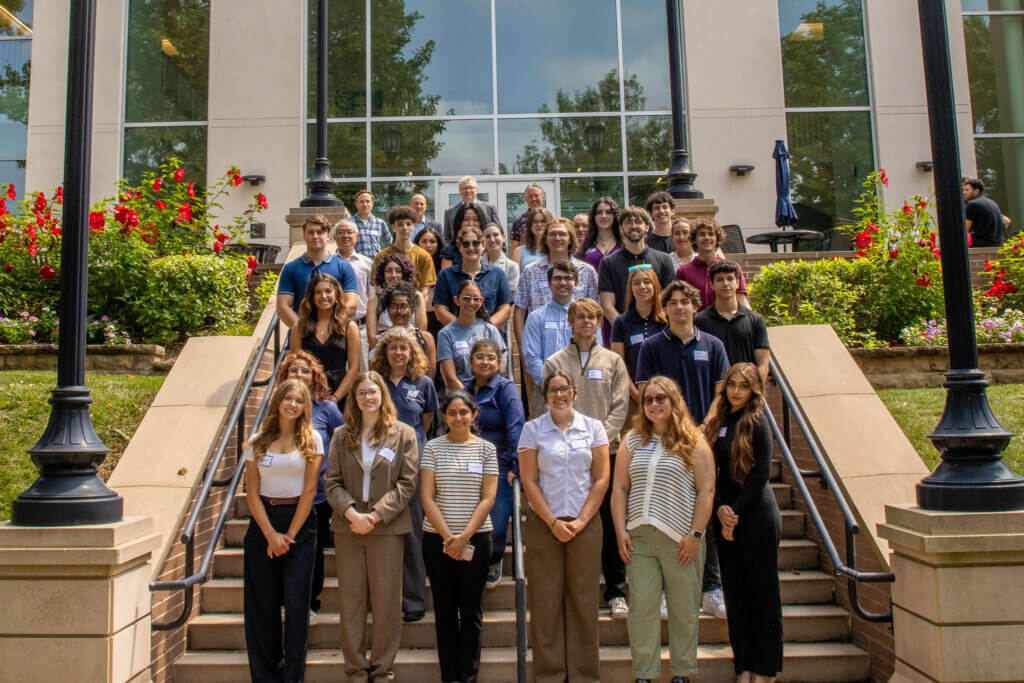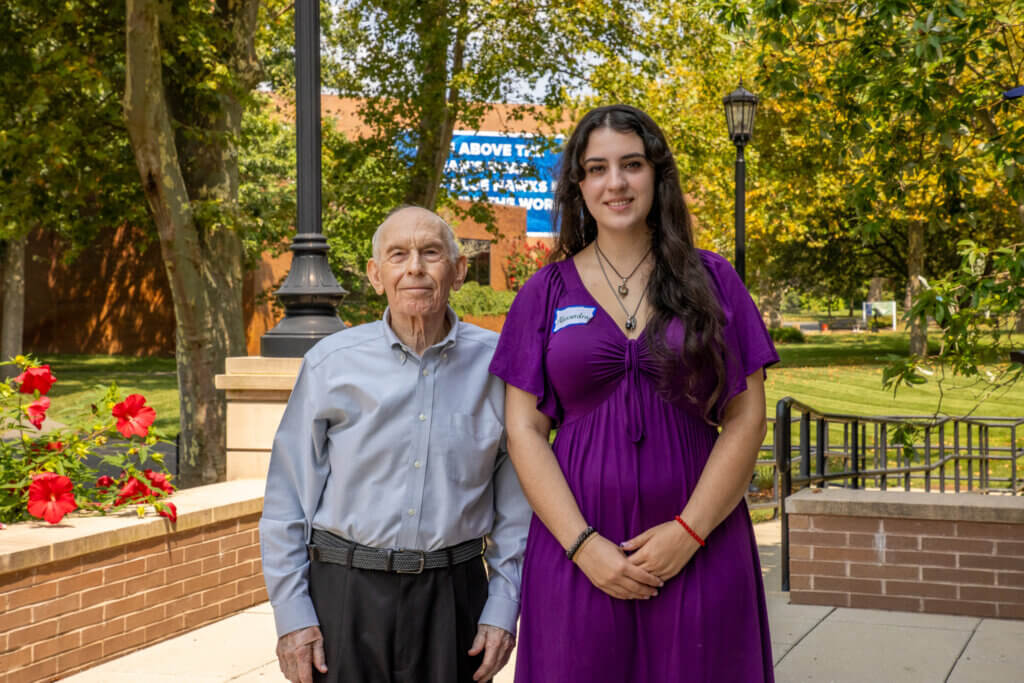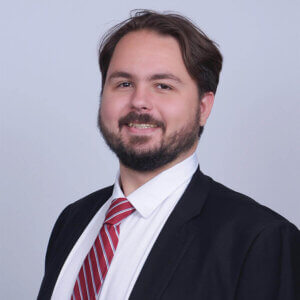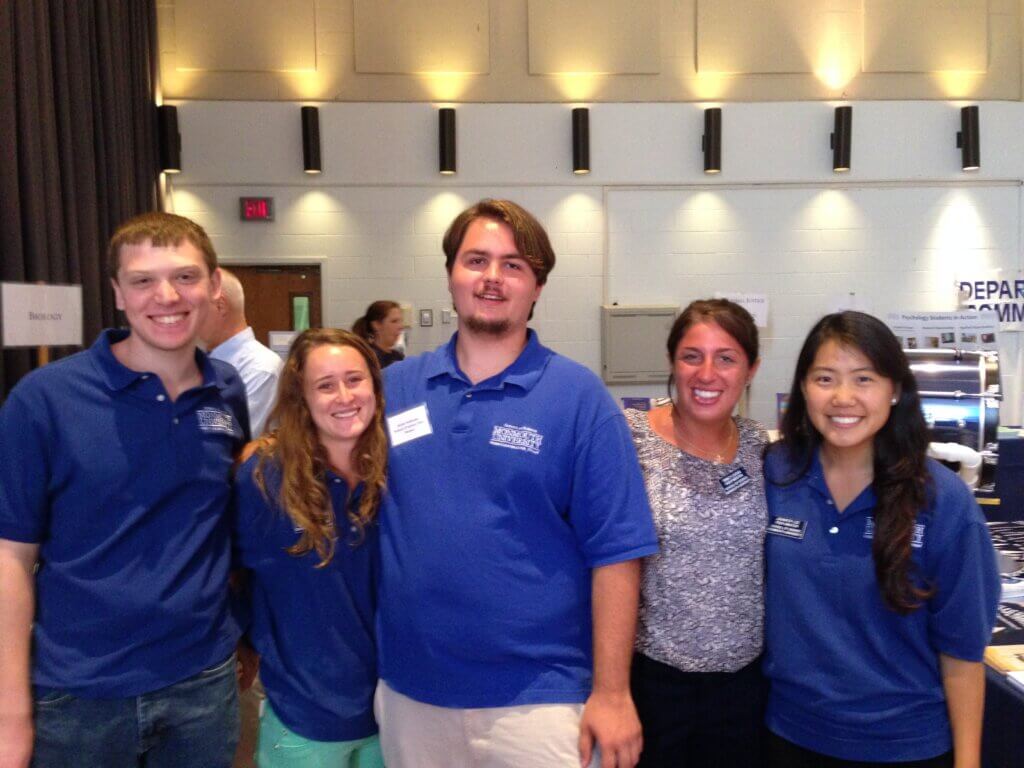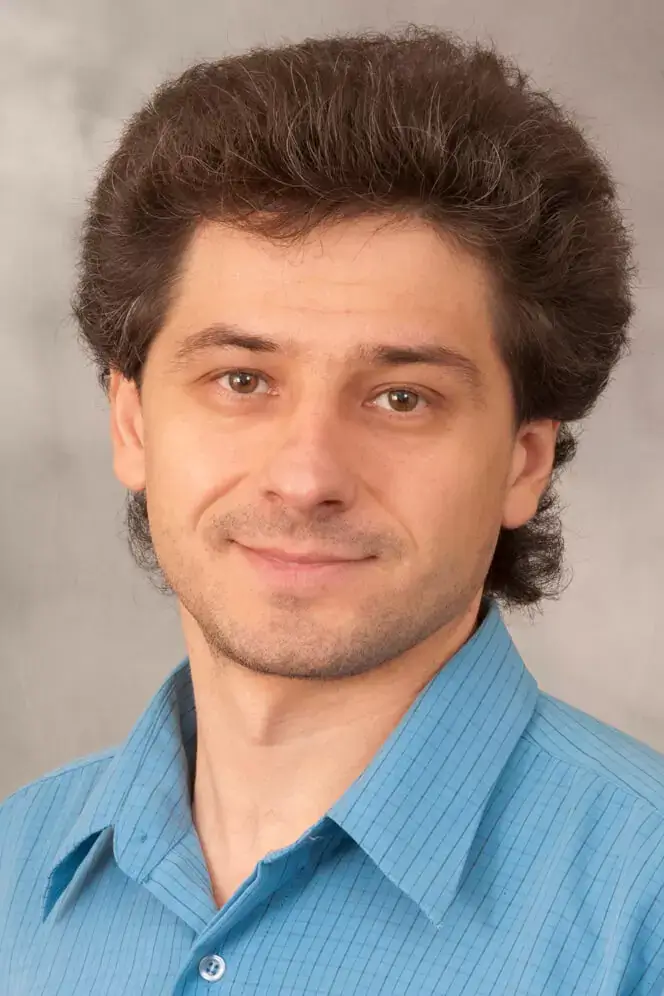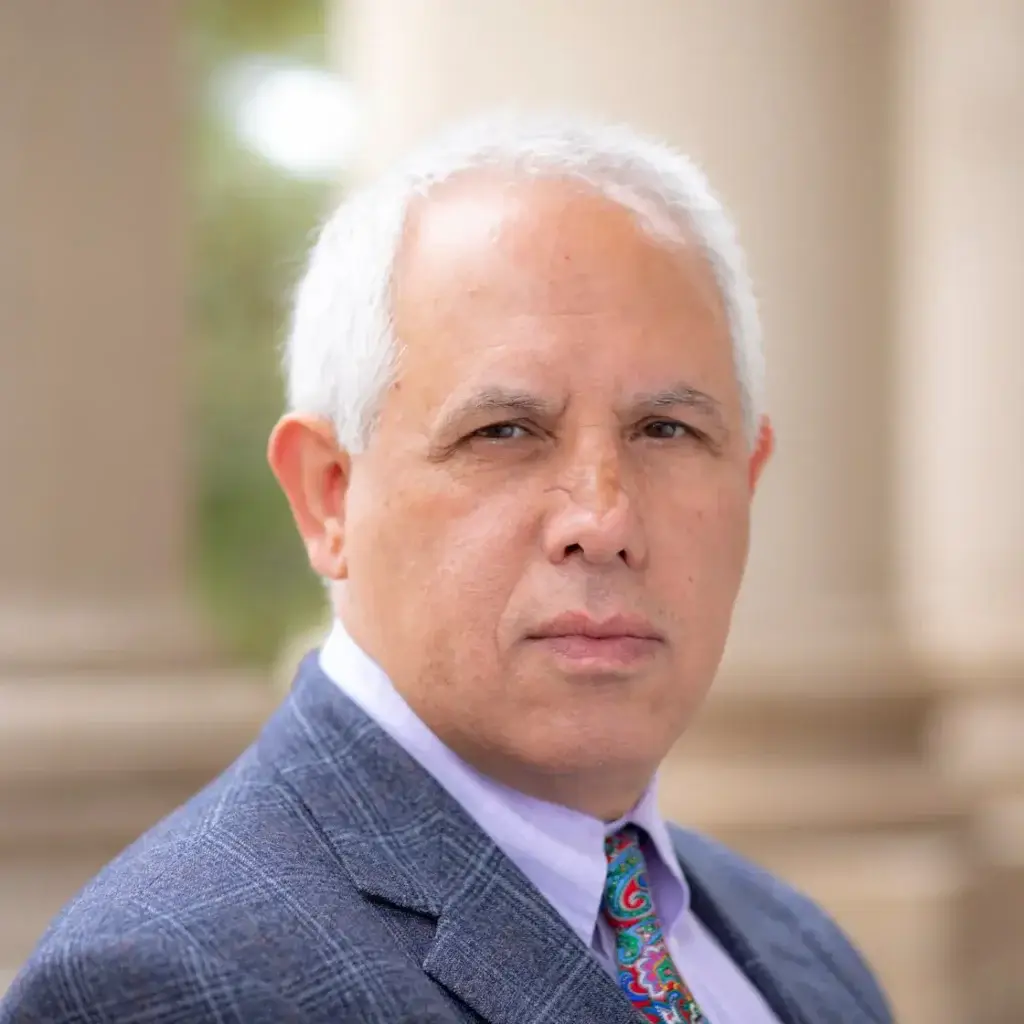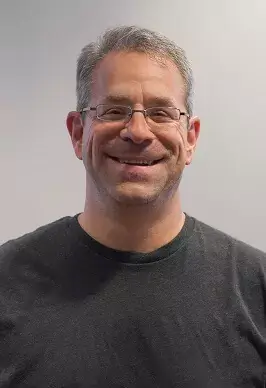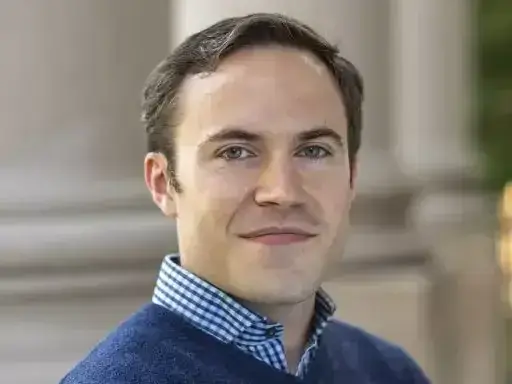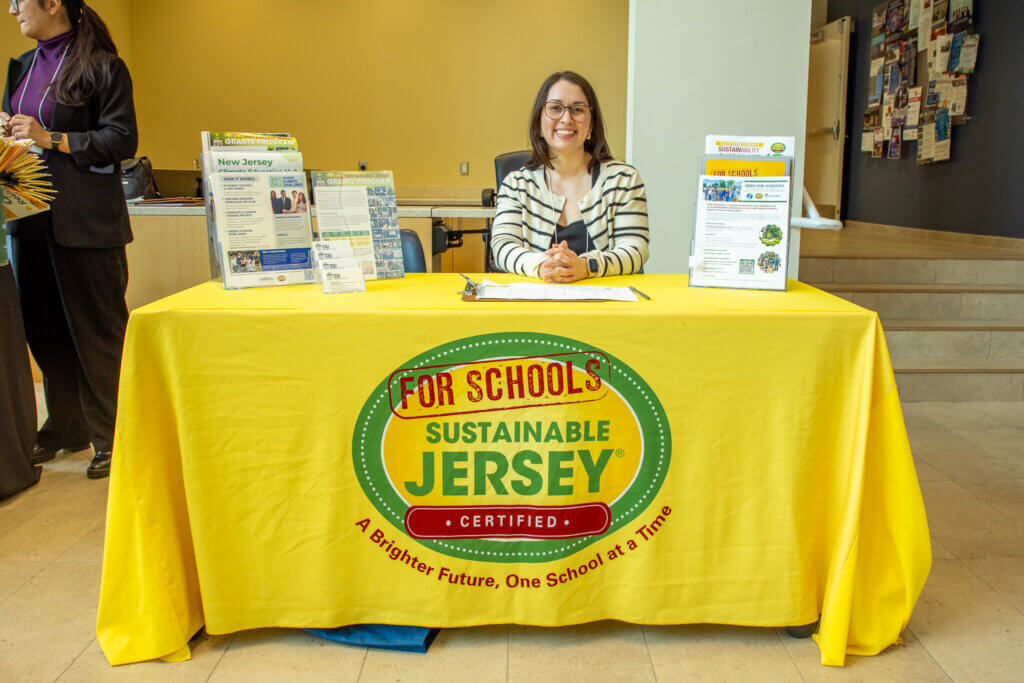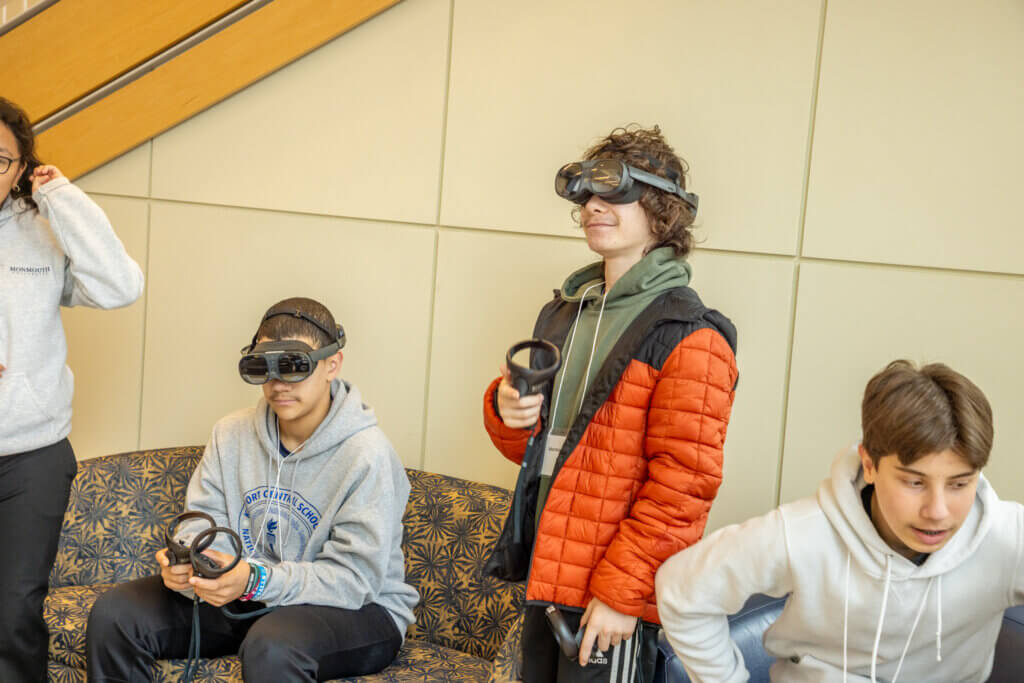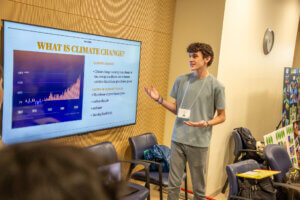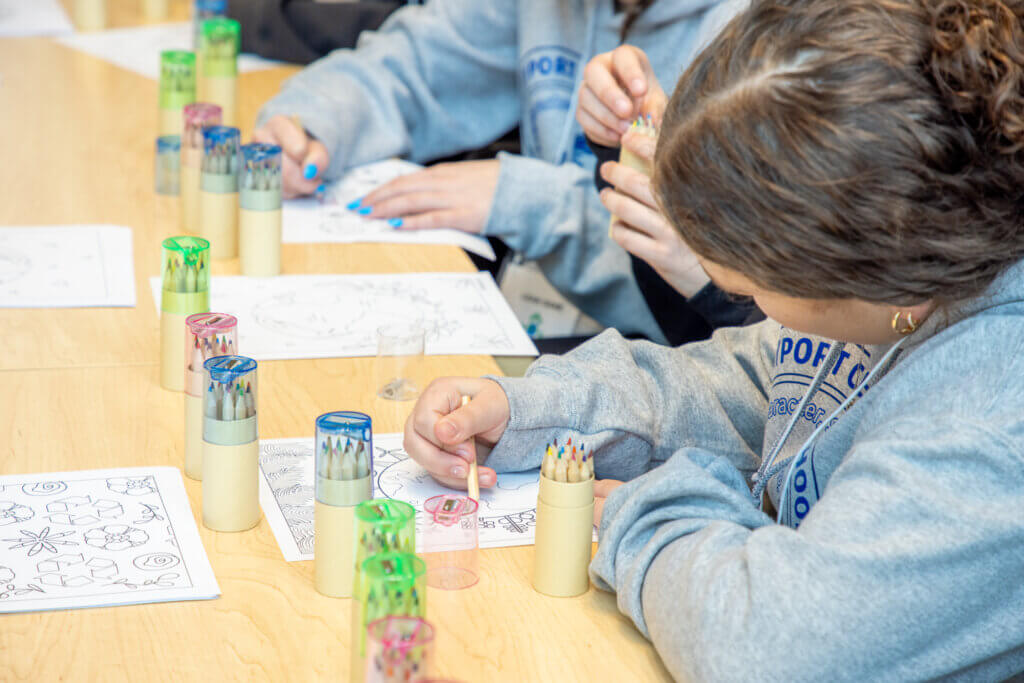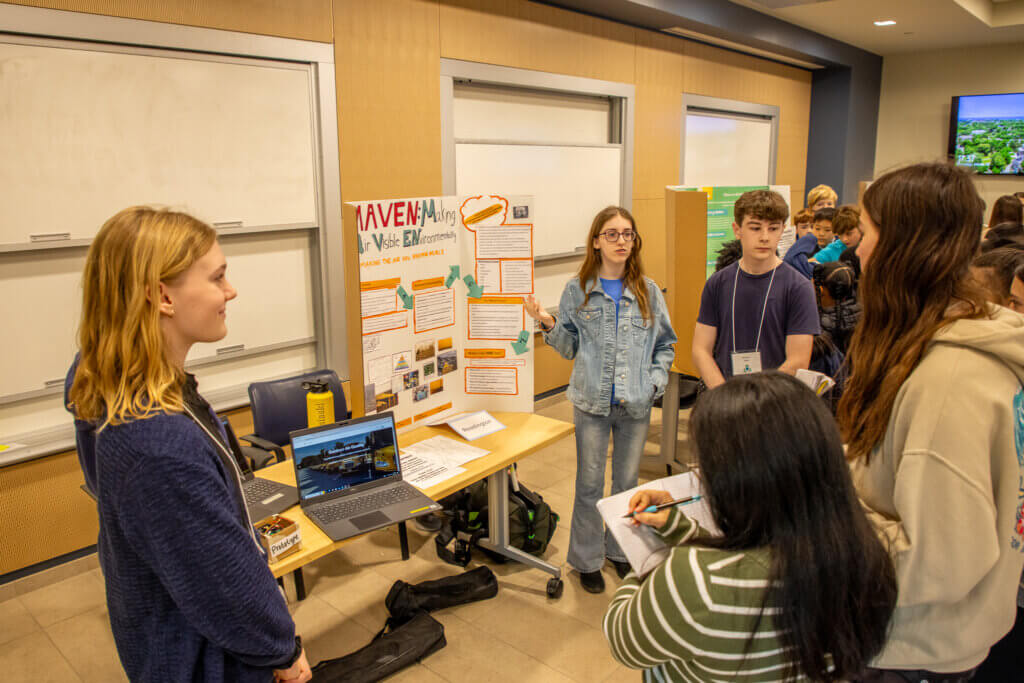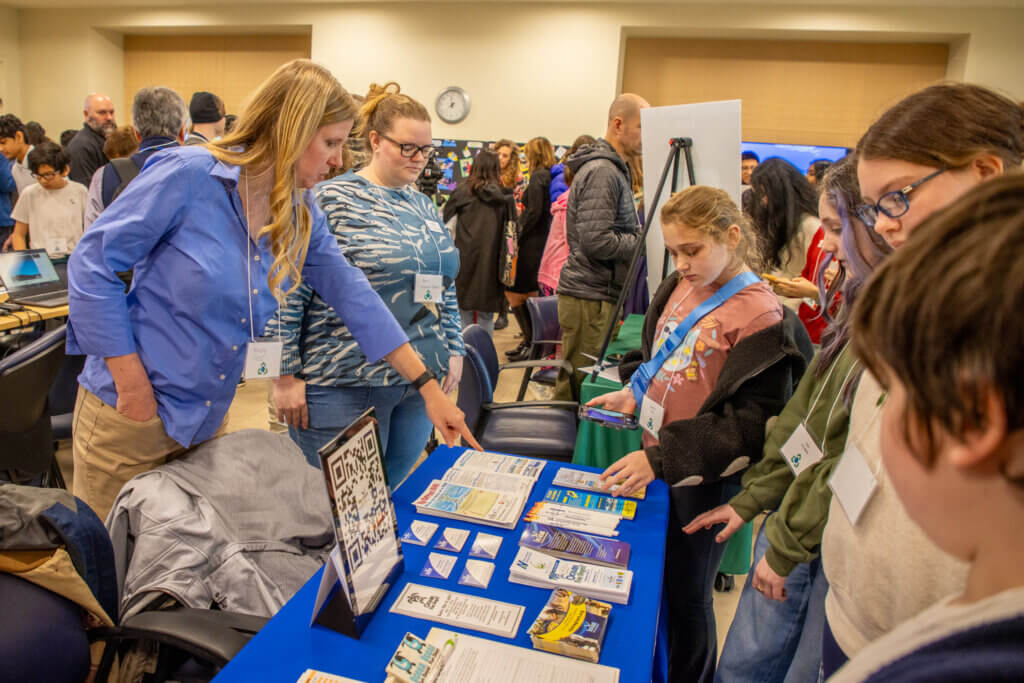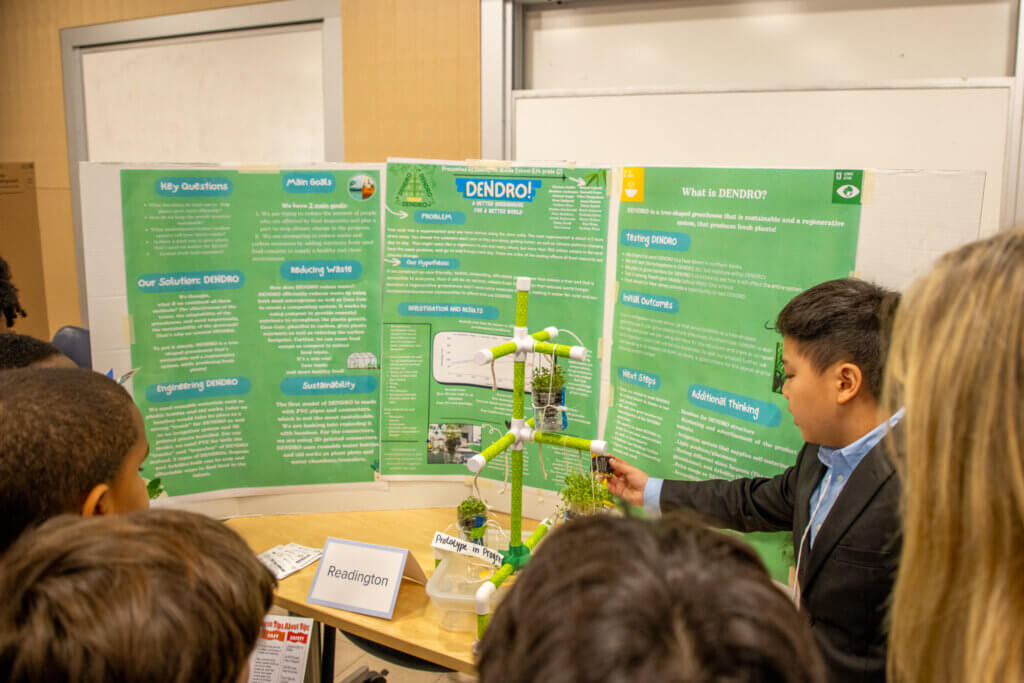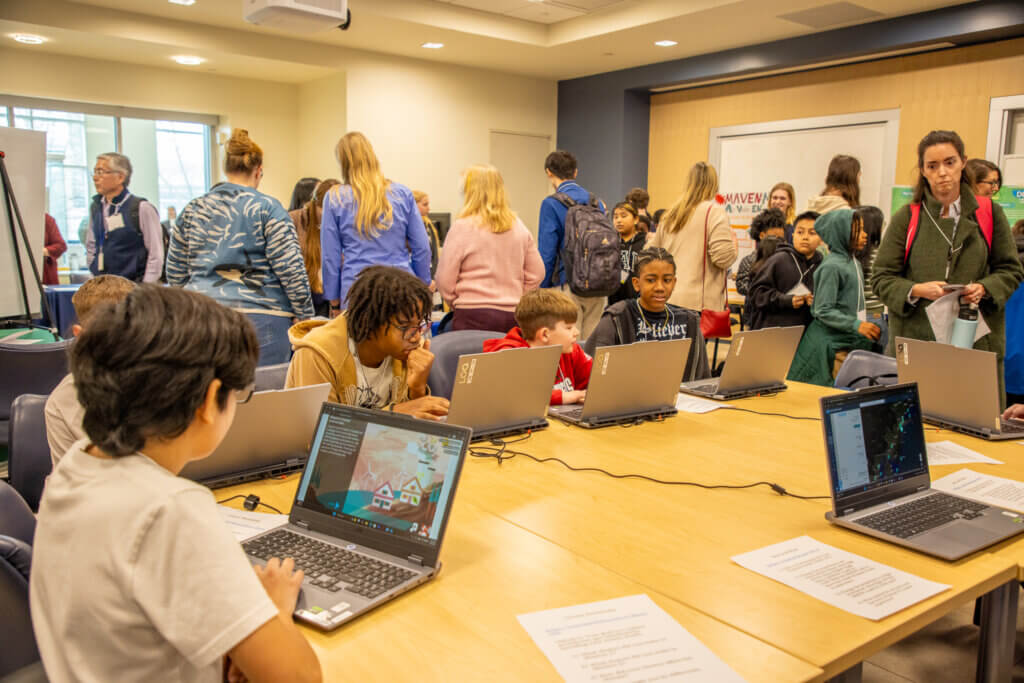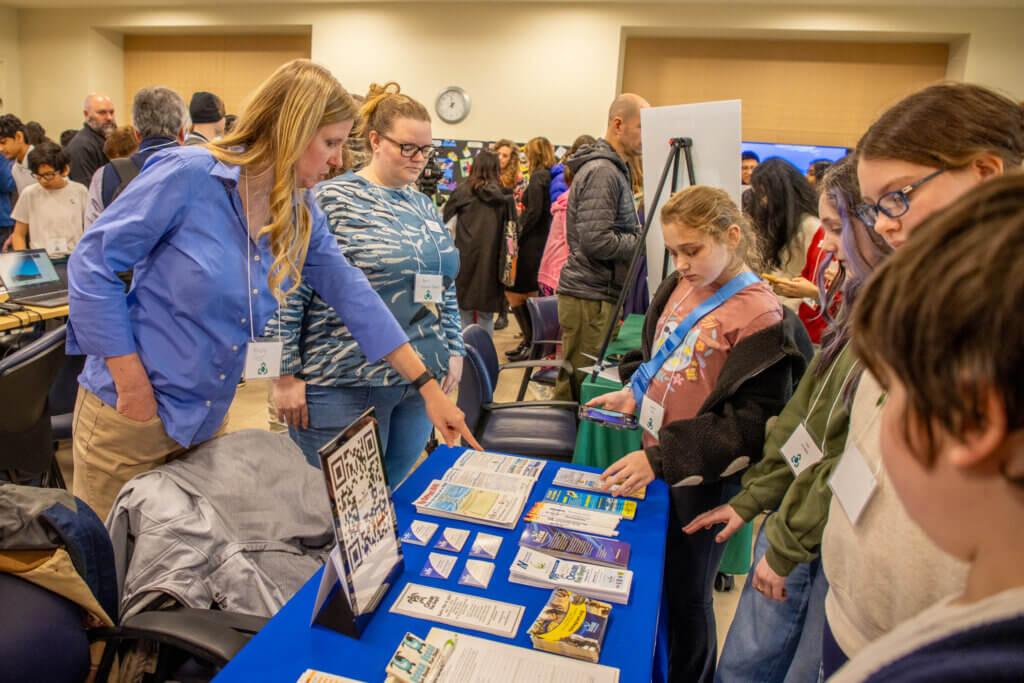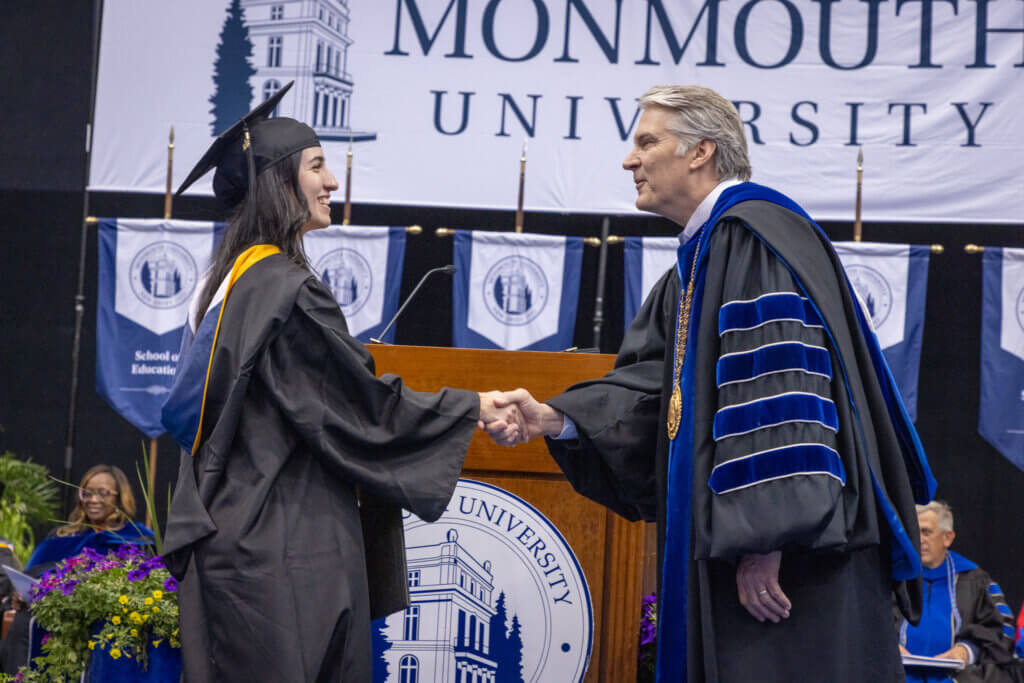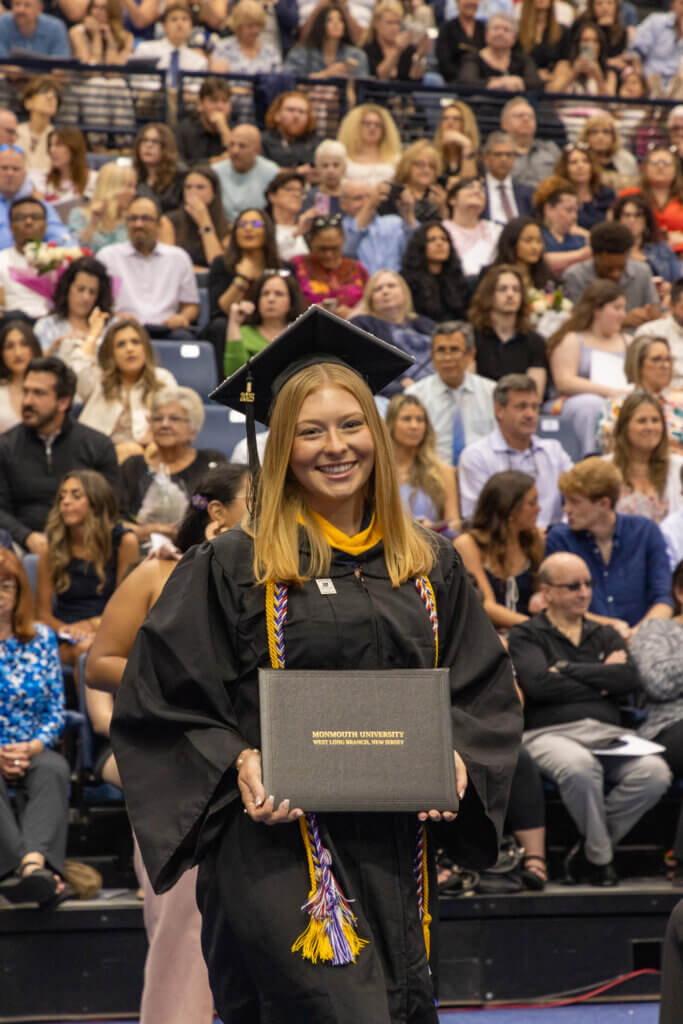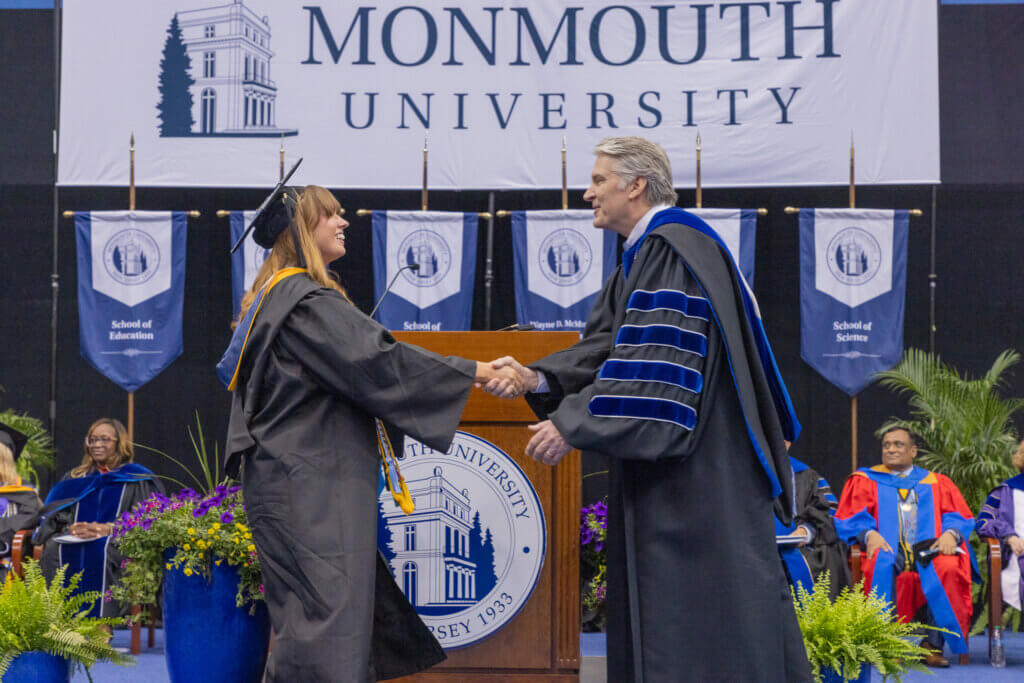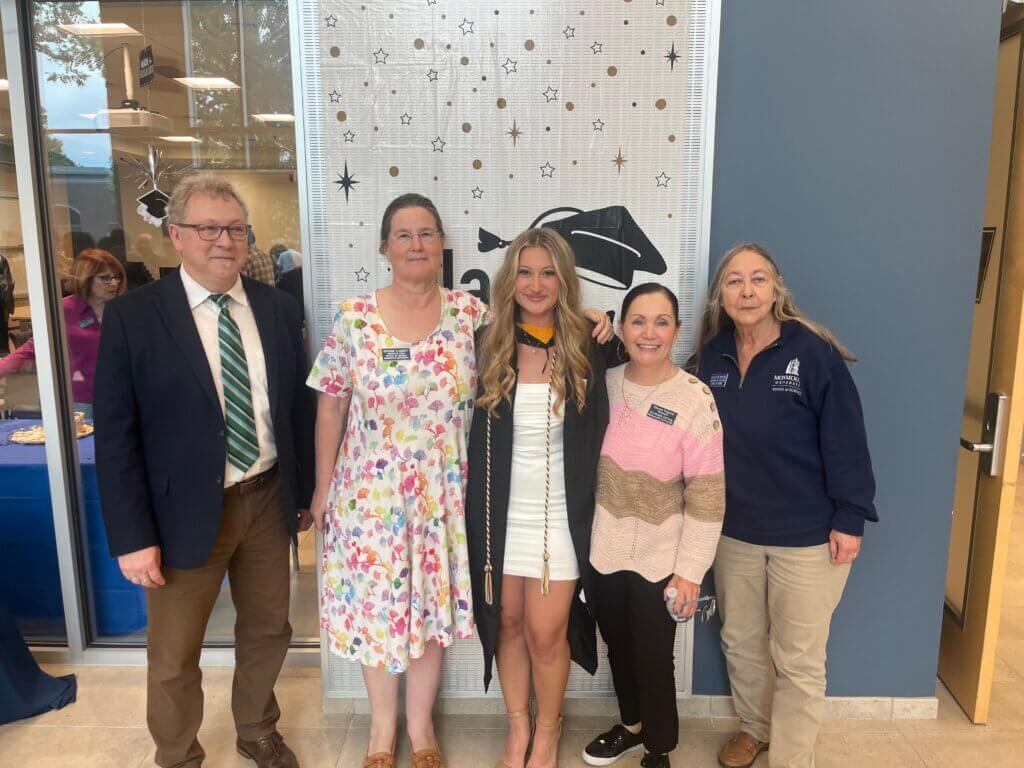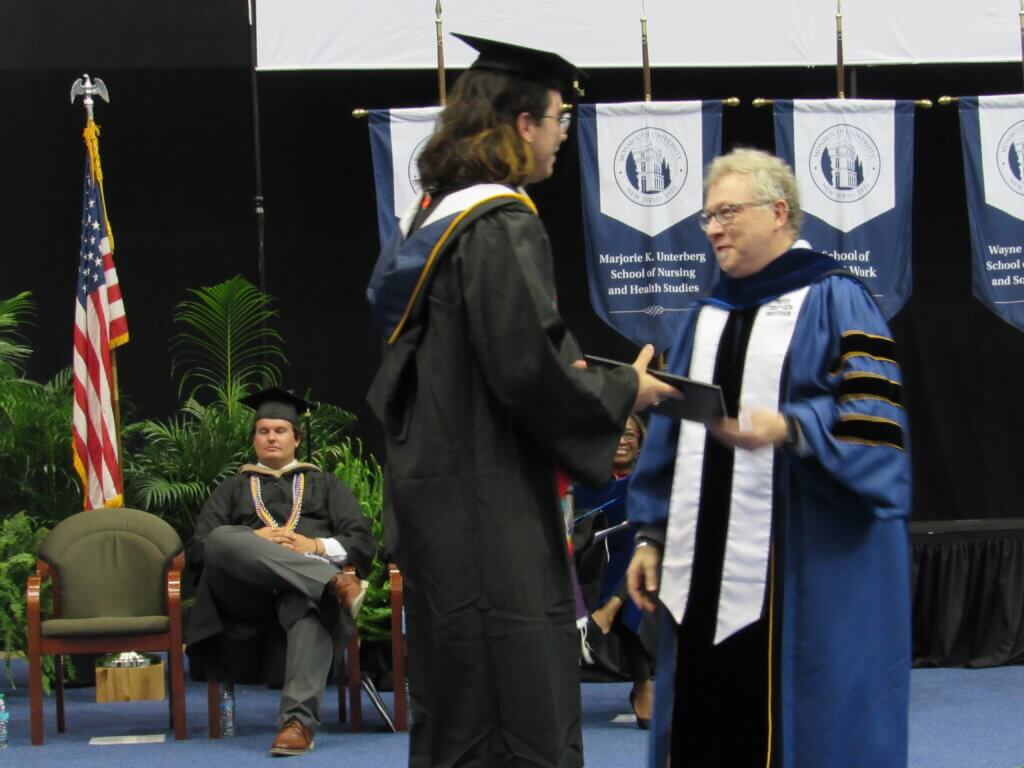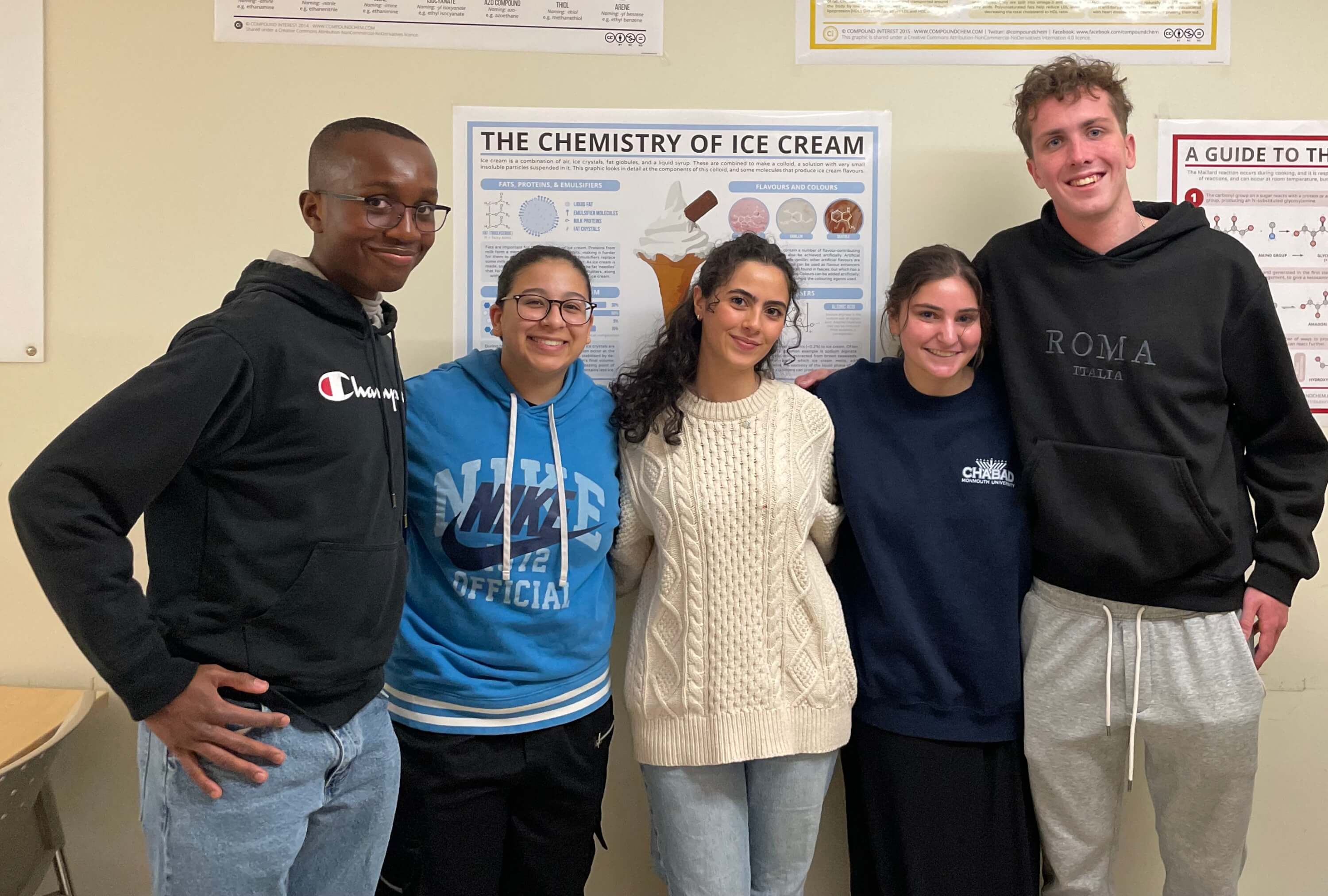Wai Kong (Johnny) Pang, Ph.D., associate professor in the Department of Mathematics, and Ryan Sonn ’25M, data science graduate student, recently co-published an article in the International Journal of Business and Management (Vol. 20, No. 8, 2025). Their study, “The Intricacies of College and University Closures: A Generalized Linear Model Perspective,” uses statistical analysis to examine the patterns behind college and university closures.
Pang and Sonn’s research leverages publicly accessible variables through a Generalized Linear Model (GLM) analysis to identify key determinants of closures, which include institutional endowment, tuition, and percentage of in-state students. The authors’ goal of equipping individuals with a method of understanding an institution’s financial health is accomplished through a predictive Z-score model and ranges.
Through their calculations, Pang and Sonn conclude that public institutions with higher endowment and tuition values will experience a positive effect on their final predictor score. Conversely, a higher percentage of in-state students will have an adverse effect, as out-of-state tuition is significantly higher than in-state tuition, thereby negatively impacting an institution’s financial health indicator.
International Journal of Business and Management (IJBM) is an international, double-blind peer-reviewed, open-access journal dedicated to publishing high-quality research in the field of business and management. IJBM is committed to disseminating impactful and innovative research to a global audience of scholars, practitioners, and policymakers.

